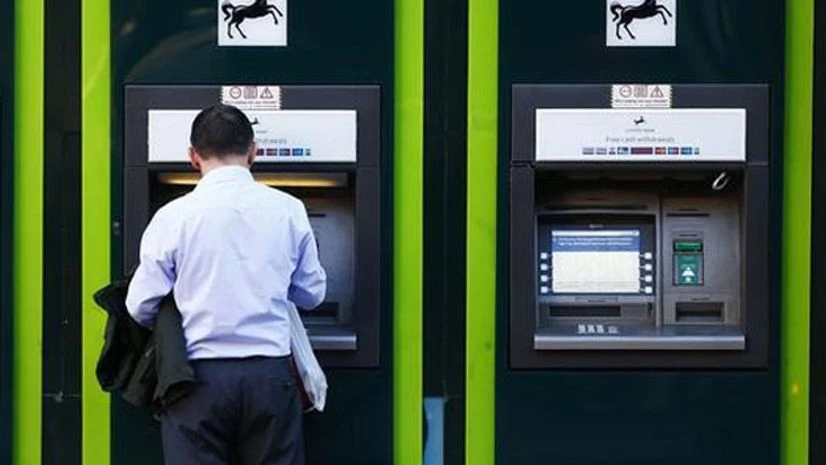Lloyds Banking Group defied expectations on Wednesday of a squeeze on earnings after Britain's surprise vote to quit the European Union by reporting third-quarter profits largely unchanged from a year earlier.
Britain's biggest mortgage lender, the first major British bank to report results that fully capture the period after the referendum, said underlying pretax profits were 1.9 billion pounds ($2.31 billion) versus 1.97 billion a year earlier.
Lloyds' Chief Executive Officer Antonio Horta-Osório said that he had not seen much impact on consumer or corporate activity from Brexit, but that in the longer run investment would be needed to counteract any economic slowdown.
"We strongly believe that the economy requires a fiscal stimulus in terms of infrastructure and housebuilding," Horta-Osório said, adding that he hoped the government would announce such investment in the chancellor's autumn budgetary statement.
As late as August, some economists were predicting the onset of recession in Britain following the June 23 vote, which would likely trigger higher bad debts and poorer lending volumes at banks already challenged by rock-bottom interest rates.
Also Read
But recent data have suggested the economy and housing market remains upbeat, with a better-than-expected Purchasing Managers' Index survey and robust demand for mortgages.
Dividend Question
Lloyds shares, which have fallen by around a quarter since the June referendum, were trading down 3.2% at 0755 GMT, after some analysts questioned whether it could continue to generate enough capital to maintain its dividend plan.
The bank also booked a higher-than-expected 1 billion pound charge to compensate customers mis-sold loan insurance (PPI) and additional legal and compliance costs of 150 million pounds.
Bad loan charges rose by a third to 204 million pounds in an early warning that some customers could be struggling to cope with post-Brexit economic uncertainty.
Lloyds also reported a 740 million pound deficit in its pension fund, which has been hit by falling bond yields.
Some analysts said that the bank's 13.4 core capital ratio, up from 13% at June 30, had been bolstered by an accounting change linked to how Lloyds valued its bond holdings.
Finance Director George Culmer told reporters the bank would pay its special dividend if the core capital ratio was above 13% at the end of the year.
Horta-Osório is searching for ways to prop up Lloyds' dividend, profits and cash-generating abilities against a more testing economic environment.
The bank has been linked with a possible bid for credit card company MBNA but Culmer declined to comment on the speculation.
Rescued in a 20.5 billion pound taxpayer bail-out during the financial crisis, Lloyds said it welcomed a decision by the government to resume selling its remaining 3.6 billion pound stake via a trading plan to institutional investors.
Horta-Osório also told reporters he was "very happy" at Lloyds, quelling speculation he might look to move on from the state-backed bank following recent press scrutiny of his private life.
($1 = 0.8220 pounds)

)
